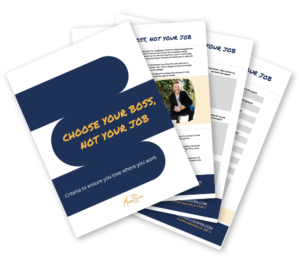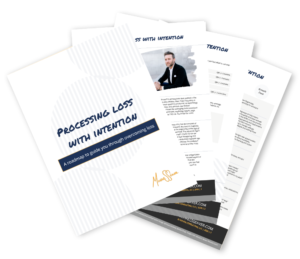I was very fortunate to spend this past weekend in the Midwest working with students at a top-ranked business school. My talk was built upon the idea that students could connect the school’s personal code of conduct with a student’s previous experiences and vision for the future to develop guiding (Intention, Ambition, Value Proposition, and Constraints) statements that could be lived in-person and online. I walked the audience through a variety of strategies to help them best determine and live their personal brand. The process is built on the understanding that each and every one of them was going to have to clearly delineate what made him or her unique to a potential employer.
If you turn on your television or review the Internet news media, the vast majority of the stories are negative. I find it unfortunate that millions of people are doing positive things globally, but the mainstream media focuses heavily on the opposite. I got so fed up with the negativity that I turned off cable service to my home and now prefer to utilize international news sources such as Reuters, The Atlantic, The Economist, and Huffington Post as more balanced and positive channels of event review.
The weekend reminded me of a phenomenal TED Talk by Shawn Achor. Watch it here. Achor has won awards for his teaching at Harvard, has published two books, and is CEO of GoodThink, Inc. In his TED Talk, he reviews how our society has constructed a mental model about happiness. If you work hard, success will come. When you find success, you will be happy.
Sounds like a broken model to me. We all know that financial wealth doesn’t equal happiness.
So, he flips the model to have humans focus on positive psychology first thereby raising their energy, happiness levels, and productivity. According to his research, only 10% of human happiness is driven by external factors and 90% is driven by how our brains view success. In the flipped model, people who focus on happiness first are 31% more productive in their work.
As I mentioned to the audience over the weekend, focusing on and developing their strengths would allow them to stand out and be unique. I encouraged them to focus on the privilege of getting an MBA, to leverage relationships with everyone in the room, and then to generate value for others so that they too didn’t let success reside on the other side of the cognitive horizon. Achor suggests that 75% of job success is driven by your optimism levels and how your brain becomes the lens through which you see the world. I asked the students to proactively shape their worlds… not let the world shape them.
If you’d like to retrain your brain to become more positive, please watch Achor’s Talk. At the end, he discusses how being grateful for three things 21 days in a row, journaling about one positive event from the previous 24 hours, exercising for at least 30 minutes per day, meditation, and random acts of kindness become conscious, purposeful, and create a new aura of positivity.
On the way back to Phoenix, I sat next to a project manager from American Airlines. He shared with me a quote that is on the wall of an organization in Cambridge, MA called NextJump. Their mission statement… their “why” is:
“Do the little things that allow others to do the great things that they are meant to do.”
I couldn’t have said it better myself.
Now go forth and be awesome people!






Connect with me